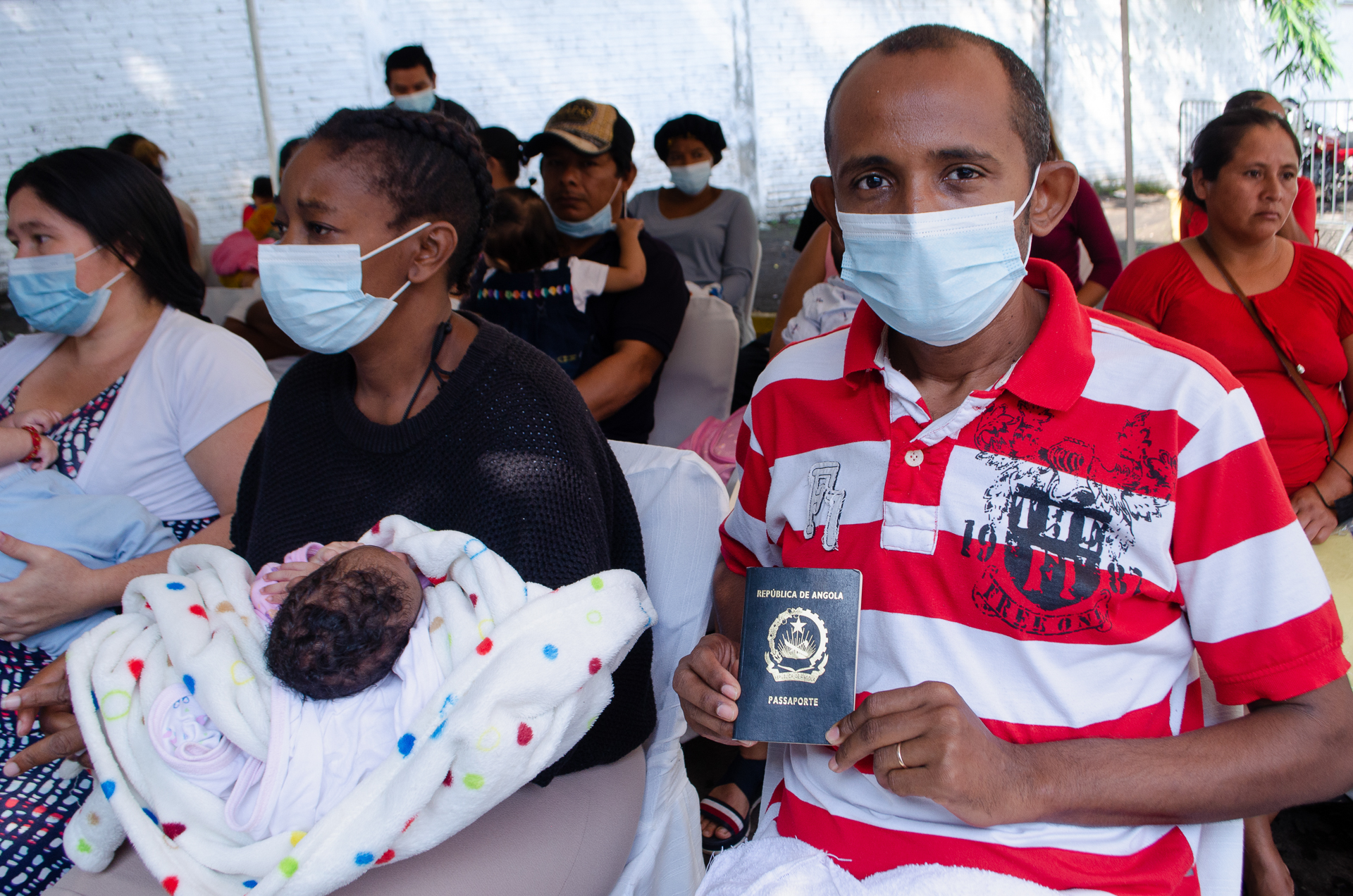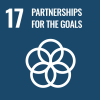Tapachula, 11 November 2022 – As young children, one of the first questions we are asked is, “What's your name?” Our answer is usually automatic and simple. By the time we can speak, we have grown into the names given to us as part of our identity, wherever we are.
However, for many migrant families, obtaining full legal identity and the recognition of their children’s names can be a difficult path. Obstacles can include language barriers, little to no guidance on the civil registration process, the need for an apostille (certification of a legal document), and the costs of other documentation and procedures. The process, for many, is daunting.
Despite these complexities, 89 foreign mothers and fathers obtained birth certificates in April this year, during the "Registration Day for Mexican Children" supported by the International Organization for Migration (IOM) in Tapachula, the main border city in southern Mexico.
One of the families benefiting from this initiative was that of Claudio Cabral and his wife, Sandra, who are originally from Angola. They arrived in southern Mexico from Central America three weeks before the birth of their daughter.

Claudio and Sandra, from Angola, wait to register their newborn daughter. Tapachula, Mexico. Photo: IOM 2022/Cesia Chavarría
"My wife started feeling sick when we were on the way here to Tapachula. My daughter was born prematurely,” said Claudio. “When we got here, we were supported by the Albergue Belén (a Catholic shelter for migrants). From there, we went to the hospital,” he added.
While in the hospital, Claudio and his wife were told about the procedure to obtain a birth certificate. “It was difficult for us to understand the documents they were asking for,” Claudio recalls. At the shelter, the staff contacted IOM for help, who then explained the procedure to register their daughter step by step.

IOM staff support Claudio Cabral by resolving questions about the birth registration procedures. Tapachula, Mexico. Photo: IOM 2022/Cesia Chavarría
However, Claudio faced another challenge when trying to register their daughter. He and his wife wished for their daughter to bear her mother’s surname first – as they would have done in Angola.
"Foreign parents usually do not have an official identity document. This, together with the lack of information and other barriers to access various services, has caused a delay in the registration of Mexican children born in the country from foreign parents," says the IOM Protection Coordinator, Yolice Quero.

A newborn’s fingerprint is captured for their birth certificate with the support of an official of the Civil Registry of the state of Chiapas. Tapachula, Mexico. Photo: IOM 2022/Cesia Chavarría

A girl receives her birth certificate accompanied by her Guatemalan parents. Photo: IOM 2022/Cesia Chavarría
She also explains that in a country located in one of the most important migration corridors in the world, IOM has been working to strengthen access to legal identity for Mexican children of foreign parents in collaboration with their counterparts.
For example, having officials from the Civil Registry of the state of Chiapas, where Tapachula is located, consulates and authorities from the General Secretariat of the Government of Chiapas, and IOM facilitating the process for families, enable this registration process more easily.
After a patient wait, Claudio and his wife registered their daughter and received her birth certificate, having successfully navigated the complex procedure with the help of IOM.

The Cabral family, originally from Angola, shares their excitement after having registered their Mexican daughter with IOM Mexico staff. Tapachula, Mexico. Photo: IOM 2022/Cesia Chavarría
Since May 2022, IOM has been promoting a Global Legal Identity Strategy aimed at helping States comply with the Global Compact for Safe, Orderly and Regular Migration (Goal 4), as well as with the 2030 Agenda for Sustainable Development (Goal 16, target 16.9).
This story was written by Cesia Chavarría, Communications Assistant at IOM Mexico.



